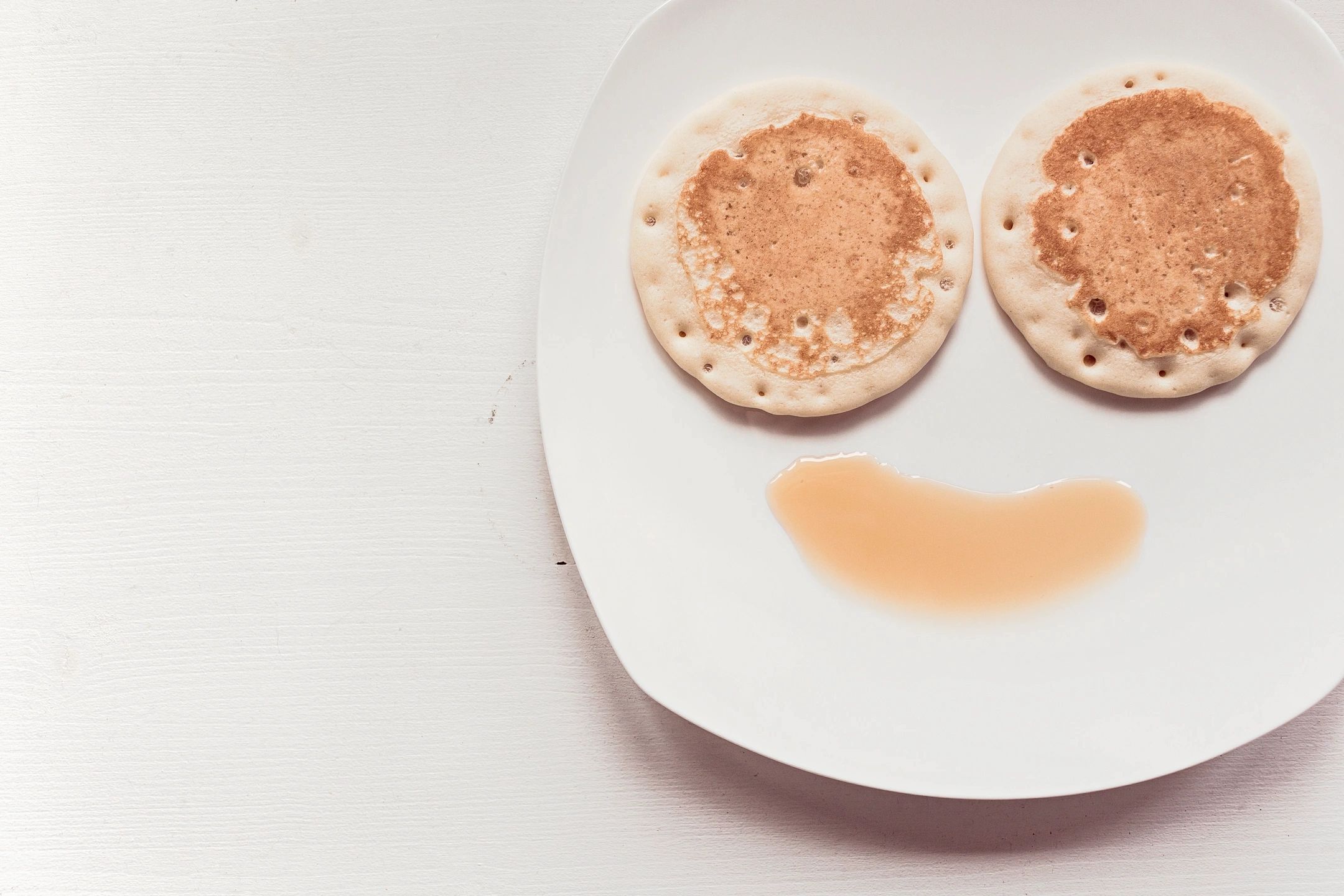It is quite normal for children to be more active, more exuberant, less attentive and more impulsive than adults. If your child’s behavior problems seem a little excessive, even for a child, it is probably the case that he is simply a little immature, and will likely outgrow these problems. Parents should be reassured that these are natural qualities of children and there is no need for alarm in most cases.
These children could, however, be exhibiting symptoms of conduct disorder (CD), oppositional defiant disorder (ODD) or Attention Deficit Hyperactivity Disorder (ADHD) at school, at home or in relationships. These children can often be helped if parents learn how to manage their behavior.
There are times when a child’s attention span is so short, their activity level is so high and impulse control so limited that their behavior in these areas is extreme for their age. Perhaps you know one of these children— one who has trouble completing schoolwork, who may not get along with other children, whose inability to follow through and complete chores without parental supervision causes conflict at home.
These children may have problems with attention, over activity and lack of inhibition. When these problems reach a certain level, your child may require help for a developmental disability known as attention-deficit/hyperactivity disorder, or ADHD.
If you think your child or student may have ADHD, then your child should have a complete evaluation done by a qualified physician or neuro-psychologist.
Raising children with ADHD can be incredibly challenging for any parent. Their problem can place a burden on your role as a parent that you never thought possible when you first considered having a child.
Parents of a child with ADHD must search out schools, teachers, professionals and community resources. They will find themselves having to supervise, monitor, teach, organize, plan, structure, reward, punish, guide, buffer, protect and nurture their child far more than is demanded by the typical parent. They will also need to meet more often with other adults involved in their child’s daily life— school staff, pediatricians and mental health professionals.
Bringing up a child with ADHD however can elevate parenting to a new, higher plane, though it may be the hardest thing you ever have to do. Some parents succumb to the stress, but if you rise to the occasion, raising a child with ADHD can provide a tremendous opportunity for self-improvement and fulfillment as a parent. You can watch your investment of time and energy pay off in the happiness and well-being of your child— not always, but often enough, to make it richly fulfilling as a parent.
These are the words of Russell Barkley, Ph.D., an internationally known expert in the field of ADHD. Dr. Barkley has devoted the last 20 years of his life researching this subject. He believes these parents must develop the skills to become a Principle-Centered Parent.
These seven principals are:
- Be proactive. Far too often we react to our children’s behavior, often on impulse without regard to the consequences and with no plan for what we are trying to achieve. Seeing a situation from a reactive frame of mind can somehow make things look hopeless. It is not what your child does, or does to you that creates these problems for you, but instead it is your response. Take the initiative to change what you do not like in the way you react to your child and accept the responsibility to make the relationship happen in the way you want it to develop.
- Begin with the end in mind. When faced with a problem first try to envision how you want it to turn out. Beginning with the end in mind helps us focus more clearly on what matters most and to see what we must do to make situations turn out the way we would like. Having a project such as completing a homework assignment end with smiles or laughter would be great. Your relationship with your child and the manner in which smaller interactions turn out by design or by default are entirely up to you.
- Put first things first. Prioritize what is important and what is not important for you as well as for your child. Don’t get caught up in conflicts over trivial issues that cause you to win the battle and lose the war.
- Think win/win. All interactions between individuals are a form of negotiation. Don’t just concentrate on what you want your child to do. Begin with the end in mind envisioning a win/win situation. Choose a reward you think would be appealing and make it a part of the verbal contract. This way you will be thought of as a respectable negotiator.
- Seek first to understand, then to be understood. First seek to understand from your child’s point of view and make what is important to them important to you. Your love for your child is the foundation of emotional support they count on. Love is given with no strings attached and is not dependent upon how well they behaved today, did in school, in sports or how many friends they have. Build up trust with your child by being honest, kind and courteous and by keeping your promises.
- Synergize. Work with your child in creative cooperation, and strive to combine all of the foregoing principles into your interactions. Be open to new outcomes even though they may be unpredictable. This allows the greatest powers within people to be unleashed. Value the differences between your child and others. There may be, in fact, several excellent ways to work together in facing the challenges life holds for both of you.
- Renewal. Too often parents of ADHD children devote too much of their time and energy to their children, and in the process they exhaust themselves. Failing to take time to renew yourself physically, mentally, socially/emotionally and spiritually can cause you to shut down and have less time and energy to devote to your child. The best gift you can give yourself is the gift of self-renewal.




